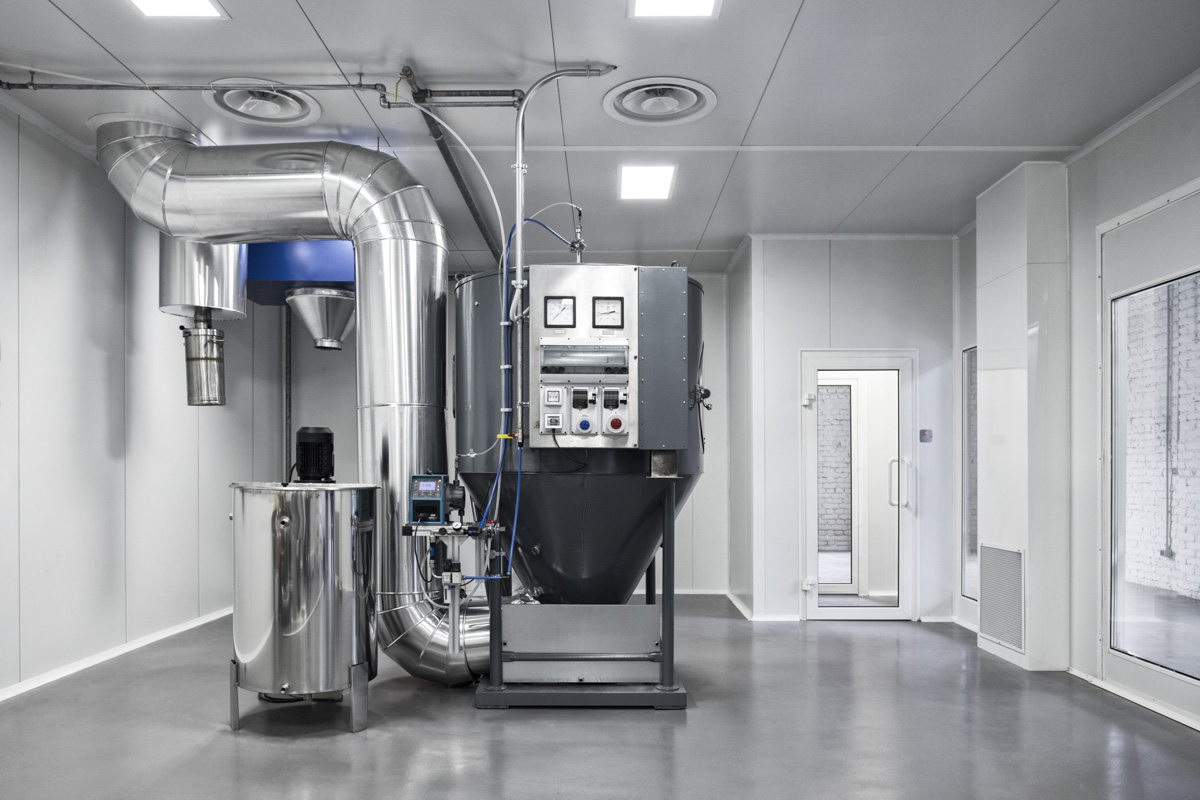


Soil contaminants are not always very well-known and clearly identifiable. Therefore, this type of decontamination activity requires a higher amount of commitment and technical expertise compared to other sectors. Differences in soil typologies and a diversified range of pollutants make this activity particularly challenging for the operators.
SetCar is a renowned expert in this field, utilising both indirect thermal desorption (ITD) and direct thermal desorption (DTD) methods.
SetCar’s laboratories are performing tests on the use of Grafysorber® for such activities, with the aim of proving that this technology is viable on an industrial scale.